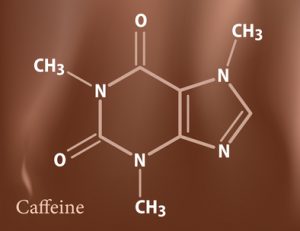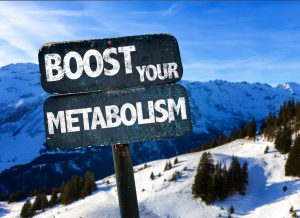 Is caffeine good for your health?
Is caffeine good for your health?
Can you overdo it?
Understanding ow it effects the body will help you to decide to ignore caffeine or to lessen your intake.
Read: Caffeine

Contact Us chris@mcvitamins.com
 Is caffeine good for your health?
Is caffeine good for your health?
Can you overdo it?
Understanding ow it effects the body will help you to decide to ignore caffeine or to lessen your intake.
Read: Caffeine
Metabolism Definition: Metabolism is a generic word for EVERY chemical process in your body from energy production to cellular reproduction and fighting off disease. Thus, improving metabolism is a health goal.
process in your body from energy production to cellular reproduction and fighting off disease. Thus, improving metabolism is a health goal.
If you have high blood pressure, high blood glucose, insulin resistance, high cholesterol, excess weight around the waist you have a metabolic disorder – an imbalance or deficiency – that negatively affects the way your body functions.
Read more about improving metabolism and what to take to improve your health.

You can have a great diet. You can take first rate supplements,
BUT if your gut isn’t working right, you don’t get the benefits.
Bottom Line is that you need to build healthy digestion, If your digestion isn’t up to par, you won’t be able to use the nutrition to create health.
The Gut-Brain Axis is the communication system between the brain and the trillions of bacteria and enzymes living within our intestines – our gut microbiome.
So, improve your gut and you improve your brain, your digestion, your nerves, your immune system.
This is the most important scientific discovery for human healthcare in recent decades.
So, what are electrolytes, and why are they so important for our bodies?
Electrolytes are minerals that help balance the fluids in your body and are essential for proper muscle and nerve function. They can be easily lost through sweat, so it’s necessary to replenish them regularly.
Customers report they have seen some amazing benefits from using this product, including improved energy levels, reduced muscle cramps, and better hydration. And with 30-day money-back guarantee, you can try it with complete peace of mind.
Read more about Electrolytes
Order Dr. Berg’s Electrolytes
Get Educated to take Control of Your Health
Be able to make informed decisions on what you should do to achieve your goal.
What are your health goals for the new year? Can MCVitamins help you achieve them?
If you need assistance with figuring out what actions you can take to improve your health please call or email us.
Contact us so we can help you get an excellent start for the new year!
To Your Health,
Chris
MCVitamins
GET EDUCATED AND TAKE CONTROL OF YOUR HEALTH
MCVitamins has been looking for supplements that work well for athletes and actually anyone who want to be fit. The below is what my research discovered
Read on……
Athletes face 8 nutritional challenges. Their bodies work harder and need good nutrition. What are the all-natural solutions?
Athletes want to enhance their performance. Nature provides us with the most effective and powerful choices.
The choice becomes clearer when you compare the long term muscle fitness and health building effects of whole food and nutritional supplements versus the well-documented health issues often associated with the artificial methods.
What is the needed nutrition that is the most proven and effective choice for enhancing performance – without breaking rules, laws, or endangering your body!
What are the Challenges?
The 8 challenges area as follow:
Core Nutrition
Muscle Building
Energy
Reaction Time
Hormone Balance
Recovery
Repair
Re-hydration
All these challenges must be met in order to enhance the ability to excel.
What are our recommendations? Athlete Challenges and why we recommend them.
Wheatgrass provides a concentrated amount of nutrients, including iron; calcium; magnesium; amino acids; chlorophyll; and vitamins A, C and E. It contains all the minerals known to man as well as vitamins B Complex, I and K. It’s nutrient content is said to boost immunity, kill harmful bacteria in your digestive system, and rid your body of waste.
In a juice form it is easily assimilated.
Dr. Berg’s wheat grass juice powder is 100% organic and massively nutrient-dense. It is grown on an ancient sea bed in Utah, which allows the grass to absorb tons of trace minerals. It is dark green, alive and very aromatic. You’ll notice the difference between this wheat grass juice powder by its deep green color, soothing taste and aromatic smell.
See more about Wheat Grass